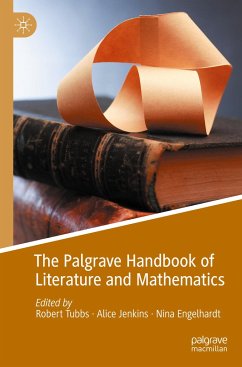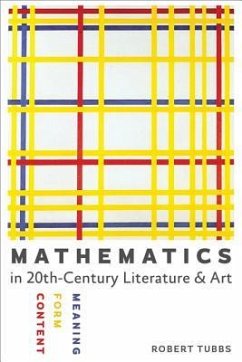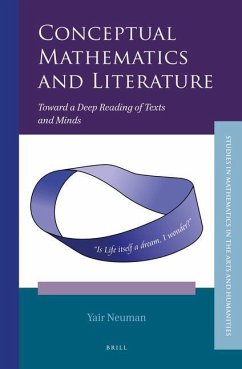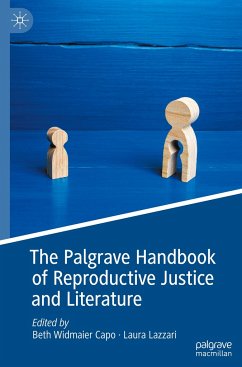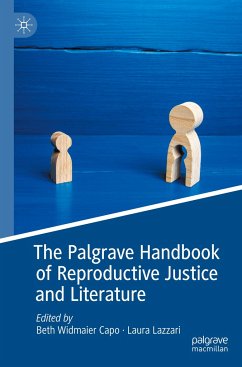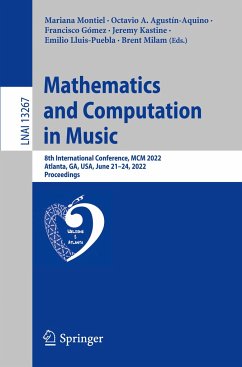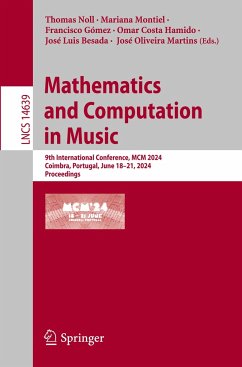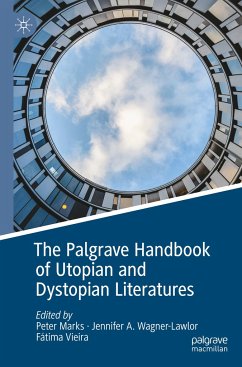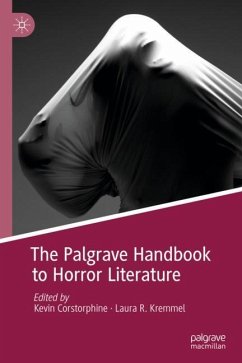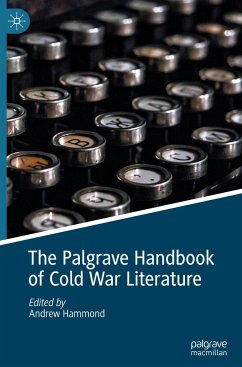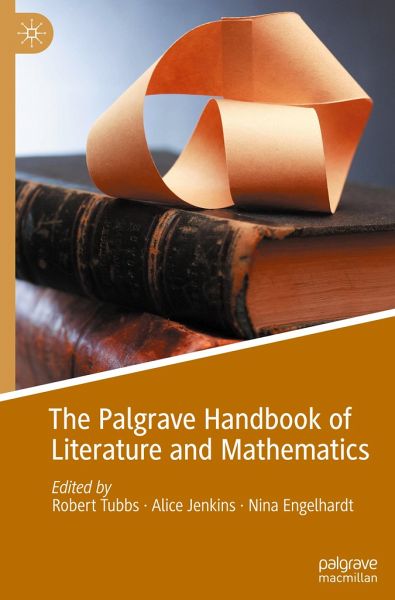
The Palgrave Handbook of Literature and Mathematics

PAYBACK Punkte
69 °P sammeln!
This handbook features essays written by both literary scholars and mathematicians that examine multiple facets of the connections between literature and mathematics. These connections range from mathematics and poetic meter to mathematics and modernism to mathematics as literature. Some chapters focus on a single author, such as mathematics and Ezra Pound, Gertrude Stein, or Charles Dickens, while others consider a mathematical topic common to two or more authors, such as squaring the circle, chaos theory, Newton's calculus, or stochastic processes. With appeal for scholars and students in li...
This handbook features essays written by both literary scholars and mathematicians that examine multiple facets of the connections between literature and mathematics. These connections range from mathematics and poetic meter to mathematics and modernism to mathematics as literature. Some chapters focus on a single author, such as mathematics and Ezra Pound, Gertrude Stein, or Charles Dickens, while others consider a mathematical topic common to two or more authors, such as squaring the circle, chaos theory, Newton's calculus, or stochastic processes. With appeal for scholars and students in literature, mathematics, cultural history, and history of mathematics, this important volume aims to introduce the range, fertility, and complexity of the connections between mathematics, literature, and literary theory.
Chapter 1 is available open access under a Creative Commons Attribution 4.0 International License via [link.springer.com http://link.springer.com/].
Chapter 1 is available open access under a Creative Commons Attribution 4.0 International License via [link.springer.com http://link.springer.com/].





